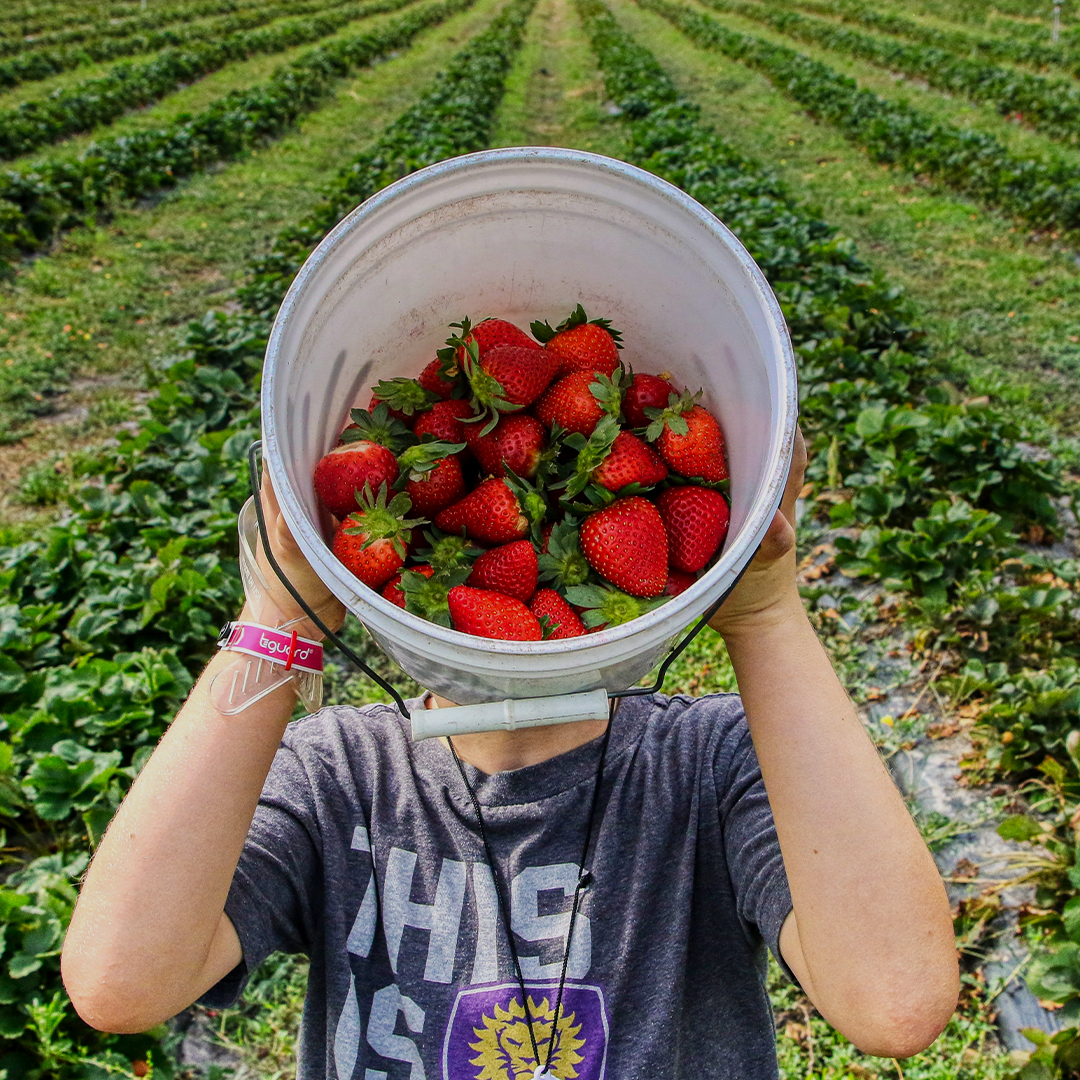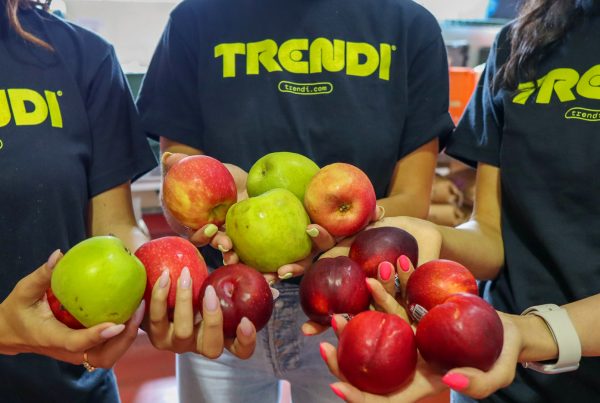More Developed = More Efficient Production, Right?
It seems pretty reasonable to think that the countries with refrigeration, high tech farms, and centralised distribution, are all going to be more efficient and less wasteful than the countries that don’t have those things.
You’re not alone in thinking that: that’s been the working hypothesis of experts in the field of food waste management for decades. That the less “developed” a nation is, the more food waste is going to occur at the farming and distribution levels. The World Resources Institute reported that: “The distribution of this food loss and waste varies significantly between developed and developing regions with developed countries seeing more at consumption and developing countries seeing more during production and handling and storage.”

The Data Says “No”
That, of course, was reported in the distant past of 2013, and it turns out that this is not entirely accurate. This is not the fault of the WRI, but of what data was available to them. We’ll get into that a little later in this article.
It turns out that food waste occurs at roughly the same rate and proportion everywhere in the world regardless of how “developed” a nation may or may not be.
One of the key findings in the Food Waste Index report in 2021 (from the UN Environment Programme) is that: “Household per capita food waste generation is found to be broadly similar across country income groups, suggesting that action on food waste is equally relevant in high, upper → middle and lower → middle income countries. This diverges from earlier narratives concentrating consumer food waste in developed countries, and food production, storage and transportation losses in developing countries.”
The World Wide Fund for Nature goes even further “When viewed as a percentage of total food production the difference in food waste between industrialised and developing countries may appear negligible in several categories; however, when examined on a per capita basis, farm-stage waste is far more significant in industrialised regions such as Europe, the US, Canada and Industrialised Asia.”
There’s Actually A Lack Of Data
How were we off the mark? Why did we think that the problem was worse in ‘less developed’ countries than in ‘more developed’ ones? Primarily because there was a lack of data on the topic. It’s been difficult to get data from countries that have less technological infrastructure, compared to those that have more. Moreover, in countries like the US, Canada, and all over the EU, there are several large producers, whereas in other “less developed countries you need to deal with a much higher proportion of small farmers. It requires a lot more work to track them down and discuss their issues. On top of all that, survey methods change over time as we learn how to make better surveys that give us more accurate and precise information.
It’s been just over ten years since the WRI report came out, and our understanding of the food waste problem has changed substantially. Back then, we thought that only 1.3 billion tonnes of food was wasted annually in the world, but now? We believe that the figure is closer to 2.5 billion tonnes.

What Can We Do?
So what is a company like Trendi to do in a world with such rapidly changing foundational information? First, it’s important to remember that all science is provisional. In every area of study, scientists are doing the best work they can, with the best tools that they have available. Information turning out to be incomplete doesn’t mean that it was “bad”, or that we disregard the previous work: we learn from it and improve.
Secondly, even though we know there’s going to be better information in another ten years from now, we still have to work with what we provisionally know now. Trendi is going to look at the best available information and make decisions based on that. If there’s a significant change in the information ten years from now, then we’ll review what we’re doing and adjust accordingly: we are a science-based organisation.
Finally, while international studies are an excellent starting point with which to understand the global issues, Trendi operates at a local scale. We work with farms and business owners, all of whom are going to have their own individual situations that we need to take account of. Trendi is committed to improving those situations through the best science we have access to.
Article written by:
Brian Lynchehaun, Content Writer
Brian has long been interested in practical solutions to a variety of social justice issues, at the systemic level. With a BA in philosophy he is looking at everything with an interconnected macro lens.
Camille Potier, Impact Specialist
Camille is passionate about sustainability and enjoys asking questions about every kind of topic to learn how things work. Having a background in environmental policy, geography, economics and management she loves thinking about the big picture while also understanding how topics are interconnected.







